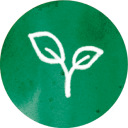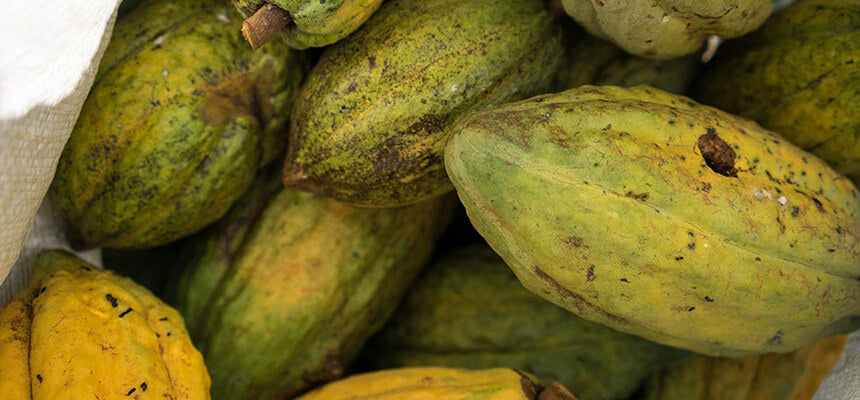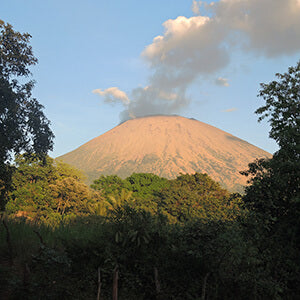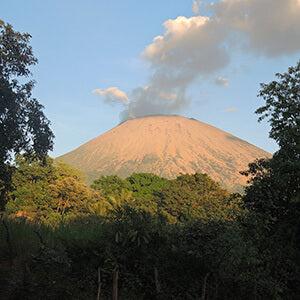Day 6
A cocoa plant for a small farmer in El Salvador
 Beans for a better life
Beans for a better life


Cocoa cultivation in El Salvador

need
Cocoa plants for and training of small farmers in El Salvador.
activity
The local NGO OIKOS provides cocoa plants for small farmers at the San Miguel volcano and trains them in cocoa cultivation, which they then carry out professionally.
Measurable performance
Number of small farming families who each planted 30 cocoa trees and thus contributed to the reforestation of the San Miguel volcano.
Result
The small farmers harvest cocoa and earn a small income from it. The cocoa trees improve the microclimate and reduce soil erosion.
Systemically relevant impact
The income from cocoa cultivation reduces the poverty of small farming families. They have money to finance things like food and schooling.
background


The good deed
AboutEl Salvador
San Salvador
Capital city
6 126 600
Population
4 219 USD
Gross domestic product
per capita per year
116
Human Development Index
(Human Development Index)

